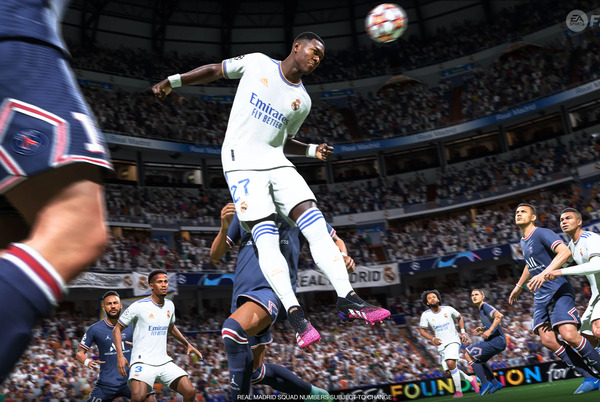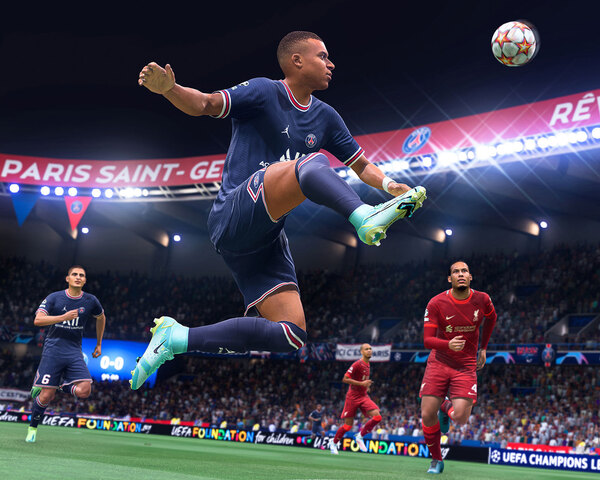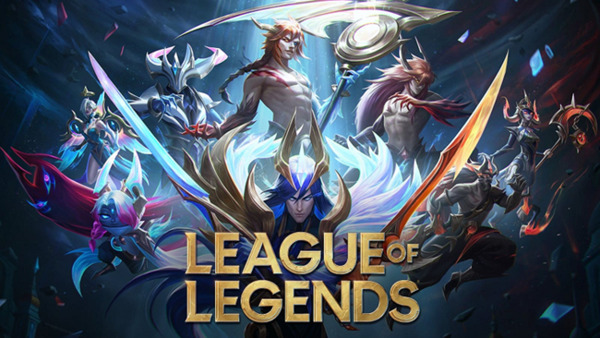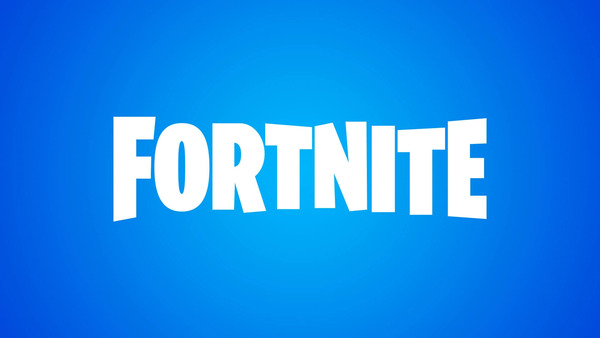In the world of gaming, FIFA 23 stands out as one of the most popular and engaging titles, bringing soccer fans and gamers together across the globe. The FIFA 23 franchise continues to dominate the sports gaming market, offering players an immersive experience with realistic gameplay, extensive player rosters, and various modes. However, while players get caught up in the excitement of virtual football, an often-overlooked side of gaming exists—issues related to insurance and claims in the industry. This article will explore how gamers, developers, and insurance companies navigate the intersection of FIFA 23, insurance, and claims.
The Rising Popularity of FIFA 23 and Its Impact on the Gaming Industry
Released as part of the FIFA franchise by EA Sports, FIFA 23 quickly became a favorite among gamers worldwide. Its seamless integration of realistic graphics, engaging gameplay, and diverse features has led to a surge in popularity. As the game gained traction, the gaming industry saw a substantial increase in its revenue, with millions of players engaging in various modes like Ultimate Team, Career Mode, and Pro Clubs. With such a large user base, claims, disputes, and insurance-related issues also grew.
While many people view gaming as a fun hobby, the scale of the industry has led to more complex legal and financial considerations. As a result, developers, players, and third-party entities such as insurers must manage the risks associated with gaming at a high level. Understanding these risks is essential for anyone involved in the FIFA 23 ecosystem.
Understanding Insurance in the Gaming Industry
Like any other industry, gaming faces various risks that may require insurance coverage. Insurance in gaming is multifaceted and includes coverage for hardware, intellectual property, and player protection in case of incidents related to gaming events or online play. For instance, if a player damages or loses their gaming console, they might need to file an insurance claim to replace it. Similarly, players and organizers may need insurance to cover potential damages, injuries, or even cancellations during competitive gaming tournaments.
In the context of FIFA 23, many players may not prioritize insurance directly. However, developers and gaming companies must consider its impact. Game developers and publishers, such as EA Sports, must protect their products from cyberattacks, piracy, and data breaches. This type of insurance protects intellectual property and user data, which remains crucial for any gaming company.
Types of Insurance That Affect FIFA 23 Players
Player Insurance
Professional gamers who compete in esports tournaments rely on player insurance for protection in case of health issues or injuries while competing. Since esports requires long hours of intense focus and physical strain, many players now choose insurance plans covering both physical and mental health. Competitive FIFA 23 players, in particular, prioritize their well-being, making player insurance essential in today's esports world.
Equipment Insurance
FIFA 23 players often invest in expensive gaming consoles, PCs, or accessories to enhance their gameplay experience. If these items get damaged, lost, or stolen, players may suffer significant financial loss. To protect themselves from these risks, many gamers opt to insure their equipment. Equipment insurance ensures that players can replace their damaged or stolen items quickly, allowing them to continue enjoying the game without financial strain. This type of insurance covers malfunctions, repairs, and theft.
Tournament Insurance
Esports tournaments and events centered around FIFA 23 are becoming more widespread, with high-stakes competitions and prize pools attracting top-level players. Organizers often seek insurance to protect themselves from unforeseen circumstances, such as event cancellations or damage to the venue. Players also require specific tournament insurance, covering cancellations due to health issues, technical failures, or natural disasters. This insurance ensures smooth event operations and safeguards players' investments.
How FIFA 23 Players Can File an Insurance Claim
Filing an insurance claim related to FIFA 23 can vary based on the type of claim being made. Whether for equipment, player health, or tournament-related incidents, players should understand the claims process to receive compensation. Here’s a step-by-step guide to filing an insurance claim for FIFA 23-related issues:
1. Report the Incident
The first step is to report the incident to the insurance company. Whether players damage their equipment or experience an injury during a competitive event, providing details about the incident is essential. Most insurance companies ask for a clear description of the event, including the time, date, and circumstances.
2. Gather Necessary Documentation
After reporting the incident, players must gather necessary documents to support their claim. This could include photographs of damaged equipment, medical reports for injuries, or receipts for items that were lost or stolen. The more evidence players provide, the quicker the claims process typically becomes.
3. Submit the Claim
Once players have gathered all required information, they can submit their claim to the insurance provider. Insurance companies typically process claims within a certain timeframe, during which they assess the claim's validity and determine the appropriate compensation.
4. Claim Approval and Payout
After reviewing the claim, the insurance company will approve or deny it. If approved, the insurance company will provide compensation to replace damaged equipment, cover medical bills, or reimburse entry fees for canceled tournaments. If the company denies the claim, players can appeal the decision.
The Role of EA Sports and Developers in Insurance
Although individual players benefit from insurance, developers such as EA Sports must also consider various policies to protect their intellectual property, business operations, and game servers. The digital landscape of gaming presents challenges like cyberattacks, data breaches, and piracy risks. EA Sports must protect its proprietary software, game servers, and user data from these risks.
Game developers frequently collaborate with insurance companies to create policies specifically tailored to the gaming industry. These policies include cybersecurity insurance, product liability insurance, and intellectual property insurance. By mitigating risks, EA Sports ensures FIFA 23 remains a reliable and secure platform for players worldwide.
Common Insurance Issues in FIFA 23 and Gaming
Although insurance coverage protects players and developers, the gaming industry still faces common issues. Some of these challenges include:
Cybersecurity Risks
The rise of online gaming has made both players and developers vulnerable to cyberattacks. Hackers may target game servers, steal player data, or exploit in-game purchases. Insurance policies related to cybersecurity help developers protect the game and its users.
Equipment Malfunctions
FIFA 23 players rely on high-quality gaming equipment to enjoy the best experience. However, equipment malfunctions can still occur, leading to frustration and financial loss. Insuring gaming equipment helps players mitigate the costs of repairs or replacements.
Intellectual Property Disputes
As one of the biggest names in gaming, EA Sports faces the risk of intellectual property disputes. Unauthorized modifications to the game or content theft can lead to legal battles. Insurance policies help developers protect their creative works and intellectual property.
Why FIFA 23 Players Should Consider Insurance
Even though FIFA 23 is primarily a fun and exciting game, players should understand the importance of insurance when participating in gaming activities. Whether players are casual enthusiasts or competitive esports participants, the right insurance coverage can make a difference in protecting assets and well-being.
For players, the risks associated with equipment damage, health concerns, or tournament cancellations are real. By investing in proper insurance, players can safeguard themselves against unexpected setbacks, allowing them to focus on enjoying the game without worrying about financial implications.
Conclusion
FIFA 23 represents the evolving nature of the gaming industry, blending technology, entertainment, and competition. As the game continues to captivate audiences worldwide, the importance of insurance in the gaming world becomes increasingly clear. Whether protecting valuable equipment, ensuring players' health, or covering tournament risks, insurance plays a critical role in supporting the FIFA 23 community.
In the rapidly growing world of esports and digital gaming, players, developers, and organizers must assess and manage the risks through appropriate insurance coverage. With the right policies in place, both players and companies can enjoy the exciting world of FIFA 23 without fear of unexpected setbacks.


































